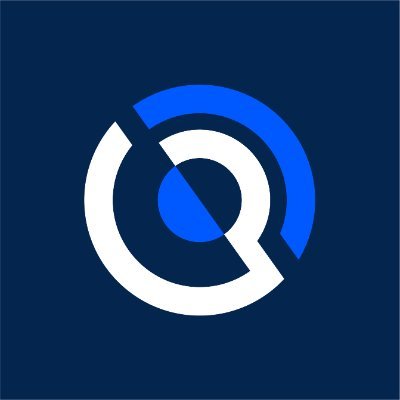TSMC rides increasing AI demand to 26% surge in July sales

On Friday, TSMC announced a 26% increase in sales in July, fueled by demand for its advanced semiconductor chips. The Taiwan semiconductor firm’s July sales rose to NT$323.17 ($10.8 billion), a 22.5% increase from the previous month.
TSMC acknowledged that it has seen an increase in growth this year, largely attributed to the growth of artificial intelligence. The first seven months of 2025 saw TSMC’s sales increase by 38% from the same period last year.
TSMC sees a surge in growth in 2025
TSMC’s revenue grew by 11.3% and its income by 10.2% for the second quarter compared to the first quarter of 2025. It also reported $30 billion in revenue for the same period, while its profit margin grew by 42.7%.
TSMC projects that its revenue for the third quarter of 2025 will reach between $31.8 billion and $33 billion. It also expects a 57.5% growth in gross profit and a 47.5% increase in operating profit margin.
“Our business in the second quarter was supported by continued robust AI and HPC-related demand. Moving into third quarter 2025, we expect our business to be supported by strong demand for our leading-edge process technologies.”
–Wendell Huang, Senior VP and Chief Financial Officer of TSMC.
Sony acknowledged on Thursday that TSMC still has significant business providing smartphone semiconductors. The firm also believes that the semiconductor industry is gradually recovering this year.
TSMC’s share price hit a record high in Taipei on August 7, up 4.9% to 1,180 Taiwan dollars. Its stock price rose after U.S. President Donald Trump said it would be exempt from the 100% tariff on chip imports he previously announced.
TSMC also reported that its shares grew by 28% in the past 12 months and 10% in 2025, driven by demand for semiconductor chips. Following the tariff announcement, its ADRs also increased on Thursday by 4.9% to $242.62 at the New York Stock Exchange.
Trump imposes 100% levies on imported chips
Vice president of Taipei-headquartered TriOrient Investments, Daniel Nystedt, acknowledged that the main concern is to focus on U.S. investment and manufacturing. He also reiterated Trump’s comments that TSMC, Samsung, SK Hynix, and other companies that have invested in or plan to invest will pay no tariffs.
A Bloomberg Intelligence analyst, Charles Shum, argued that TSMC and GlobalWafers are the most likely chipmakers in Taiwan to benefit from Trump’s new levies. He believes the companies will gain the most after billions of dollars in investments in production facilities in the U.S.
The World Semiconductor Trade Statistics organization reported that demand for computer chips has increased worldwide. Sales for chips also surged by 19.6% for the 12 months to June.
The Taiwan-based firm announced plans in March to increase its U.S. investment by $100 billion in the next five years. It has now committed around $165 billion to the U.S., which aligns with Trump’s demands for more local chip production. Other companies have announced investments in AI infrastructure in the U.S., including Nvidia’s $500 billion, Micron’s $200 billion, and Texas Instruments’ $60 billion.
On Wednesday, Apple’s CEO Tim Cook agreed to invest $100 billion in manufacturing in the U.S. over the next four years. The iPhone maker’s investment pledge to the U.S. stood at $600 billion following its $500 billion investment earlier this year.
The smartest crypto minds already read our newsletter. Want in? Join them.







